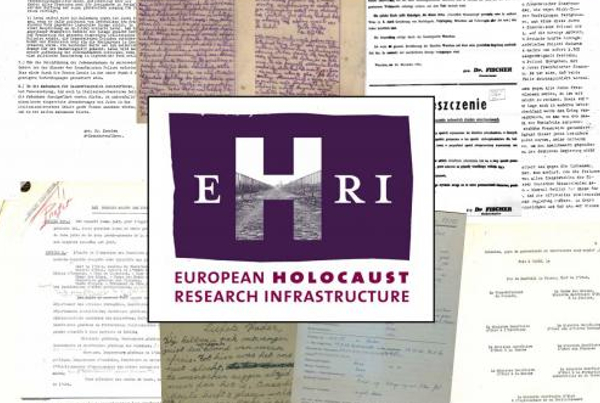EHRI provides online access to information about dispersed sources relating to the Holocaust through its Online Portal, and tools and methods that enable researchers and archivists to collaboratively work with such sources.
King’s Project lead Tobias Blanke
Apart from providing an online platform, EHRI also facilitates an extensive network of researchers, archivists and others to increase cohesion and co-ordination among practitioners and to initiate new transnational and collaborative approaches to the study of the Holocaust. EHRI thereby seeks to overcome one of the hallmark challenges of Holocaust research: the wide dispersal of the archival source material across Europe and beyond, and the concomitant fragmentation of Holocaust historiography.
More than twenty organisations – research institutions, libraries, archives, museums and memorial sites – form a core working group, but EHRI equally relies on the support of many other individuals and organisations in the broad fields of Holocaust studies and digital humanities. By bringing together experts from different fields, and by building an innovative digital infrastructure supported by a large community, EHRI is a flagship project that showcases the opportunities for historical research in the digital age.
EHRI continually expands the group of institutions and people associated with the project. Institutions that hold Holocaust-related collections are invited to integrate information about their collections in the EHRI Online Portal, thereby increasing their visibility among the research communities. EHRI also offers individuals opportunities to join its human network through its extensive programme of research, training and education events, including workshops, conferences, fellowships, hackathons, methodological seminars and online courses.
EHRI started its work in October 2010 with initial financial support from the European Union for four years. Thanks to the continued EU support, EHRI keeps on developing. A new ambitious four year programme has been put together that will deepen the project’s existing activities and achievements and explore new avenues of research from 2015 to 2019. EHRI is devoted to building a Holocaust research infrastructure that is sustained by its network and will have a right of existence on its own accord.

